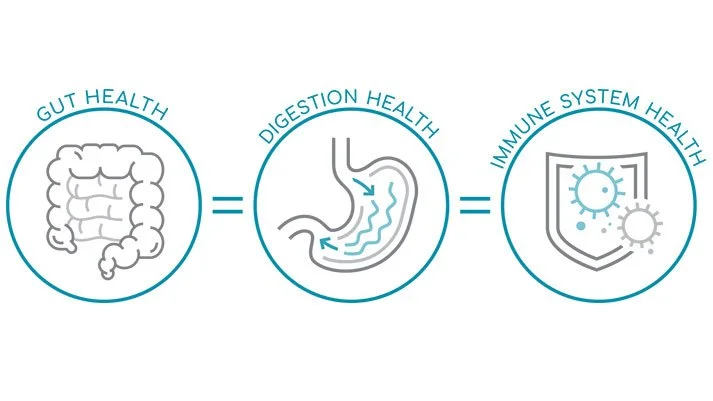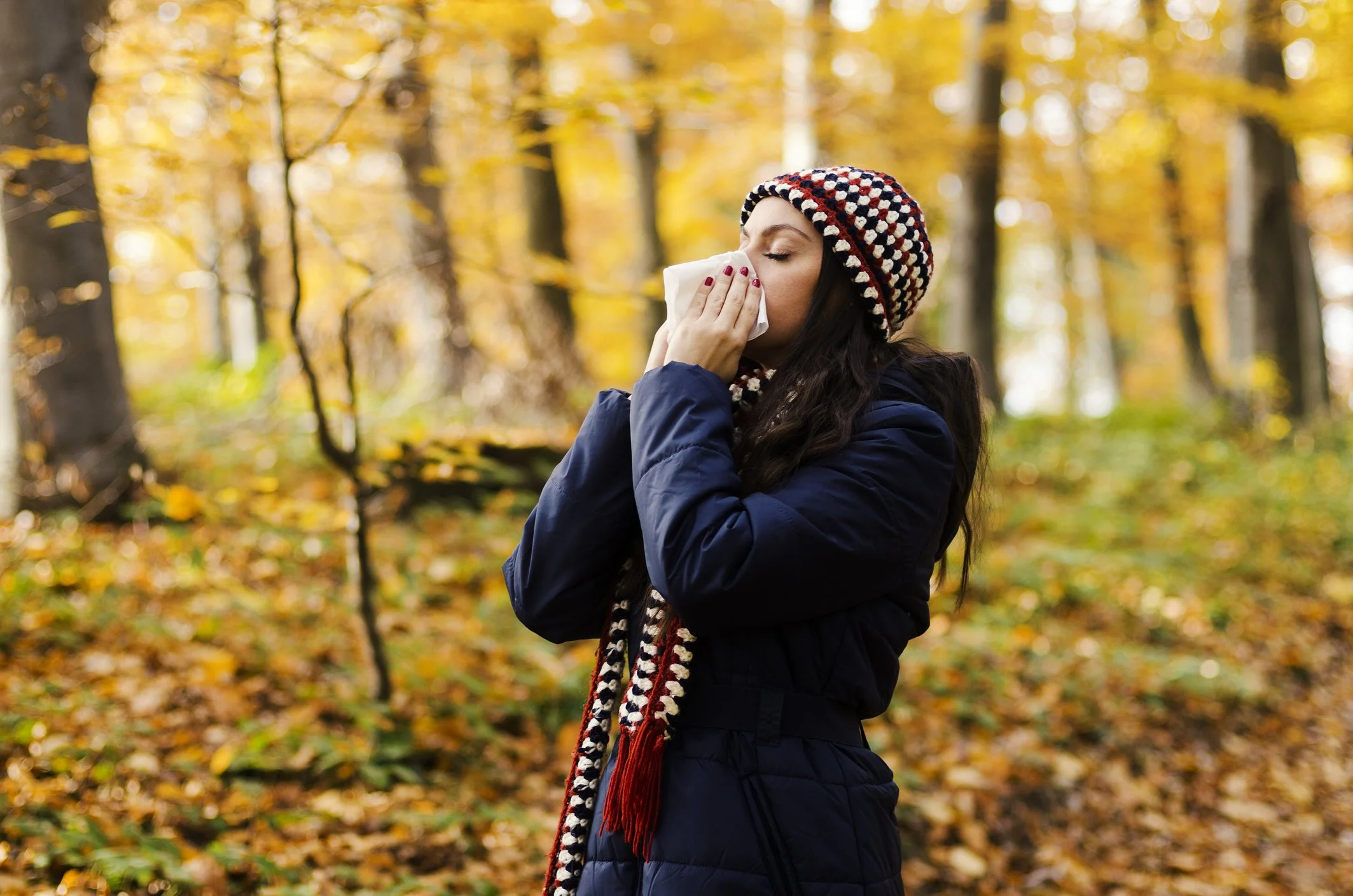How to Avoid Fall Allergies Naturally: A Functional Medicine Perspective
Crisp air, cozy sweaters, falling leaves… and for many of us, sneezing, itchy eyes, and constant congestion. Fall allergies are often dismissed as “just seasonal,” but from a functional medicine perspective, they’re a sign your body’s immune system and environment are out of balance.
Instead of just masking symptoms with antihistamines, let’s look at root causes and practical steps you can take to feel better this season.
Why Fall Allergies Flare Up
Fall allergies are most often triggered by:
Ragweed pollen (peaks August–October).
Mold spores from wet leaves, soil, and damp basements.
Dust mites as we start turning on indoor heat.
But here’s the functional medicine truth: not everyone exposed to these allergens reacts. Allergies happen when the immune system is overloaded — by food sensitivities, toxins, stress, or gut imbalance. When your “bucket” is already full, even a little pollen can send it spilling over.
Why are some people sensitive to allergens and others not?
Functional Medicine Strategies to Reduce Fall Allergies
Support the Gut-Immune Connection
70% of your immune system lives in your gut. If your gut lining is inflamed or your microbiome is imbalanced, your body is more likely to overreact to environmental allergens.
Eat more fermented foods (sauerkraut, kefir, kimchi).
Add prebiotic fiber (onions, garlic, asparagus, oats).
Consider a high-quality probiotic during allergy season.
Lower Your Toxic Load
Everyday toxins (synthetic fragrance, cleaning products, processed foods) can “prime” the immune system. Reduce exposure to lighten your burden:
Swap candles and air fresheners for essential oil diffusers.
Use natural cleaning products or DIY with vinegar and baking soda.
Filter your water and, if possible, your home’s air.
Change your AC filters regularly (3 - 4 months) and consider getting a MERV 13 or higher for trapping allergens
Anti-Inflammatory Nutrition
Food can either fuel inflammation or calm it.
Eat more: omega-3s (salmon, flax, walnuts), colorful veggies, turmeric, green tea.
Avoid: processed sugar, refined carbs, inflammatory seed oils, and conventional dairy (for many, dairy worsens mucus and congestion).
Environmental Hacks
Keep windows closed on high-pollen days.
Shower after being outdoors to wash off pollen.
Change HVAC filters and consider a HEPA purifier in your bedroom.
Dry laundry indoors during peak pollen days.
Don’t wear shoes inside the house.
Key Supplements (functional medicine favorites)
Quercetin: Natural mast cell stabilizer that reduces histamine release.
Vitamin C: Antioxidant + antihistamine support.
Nettle leaf: Gentle herbal support for congestion.
Vitamin D & zinc: Immune regulators (often low in fall/winter).
Glutathione or NAC: Help detoxify mold and environmental irritants.
Head to ‘Shop Supplements’ at the top of the website, create your account in my Fullscript Dispensary to have access to professional grade supplements.
You you will then have access to the done-for-you Seasonal Allergy Bundle with a 10% discount!
Root Cause Check-In
If your allergies feel worse every year, it’s worth digging deeper:
Do you have hidden food sensitivities making your immune system hyper-reactive?
Could mold exposure in your home be a factor?
Is your gut microbiome out of balance?
Fall allergies don’t have to rule your season. By lowering inflammation, supporting your gut, and reducing your toxic burden, you can help your body handle seasonal triggers with more ease. Think of it less as “avoiding pollen” and more as strengthening your whole system to stay resilient.



